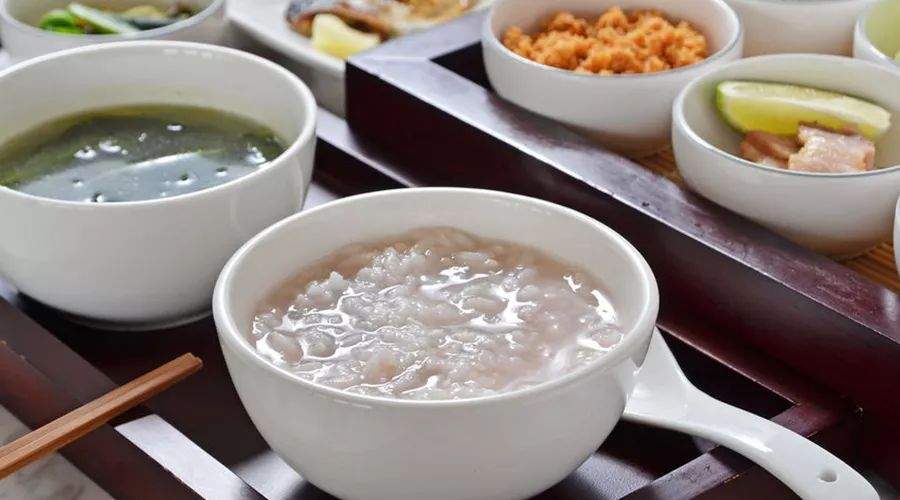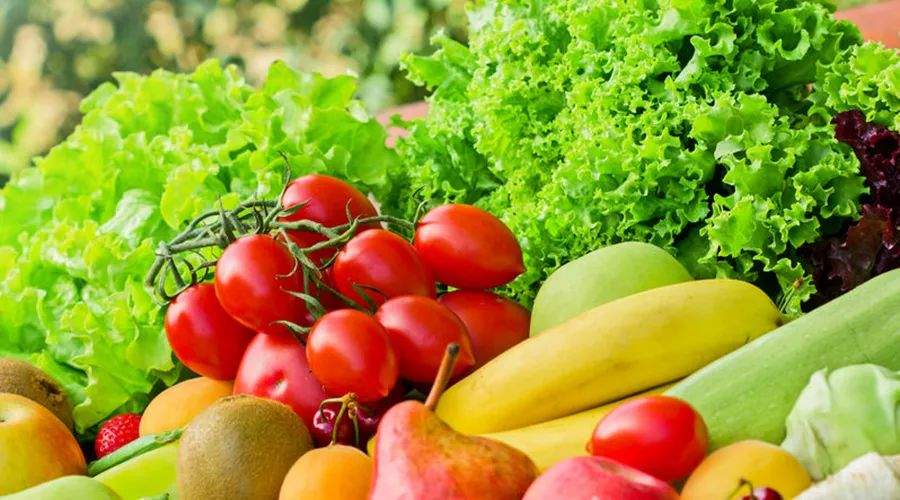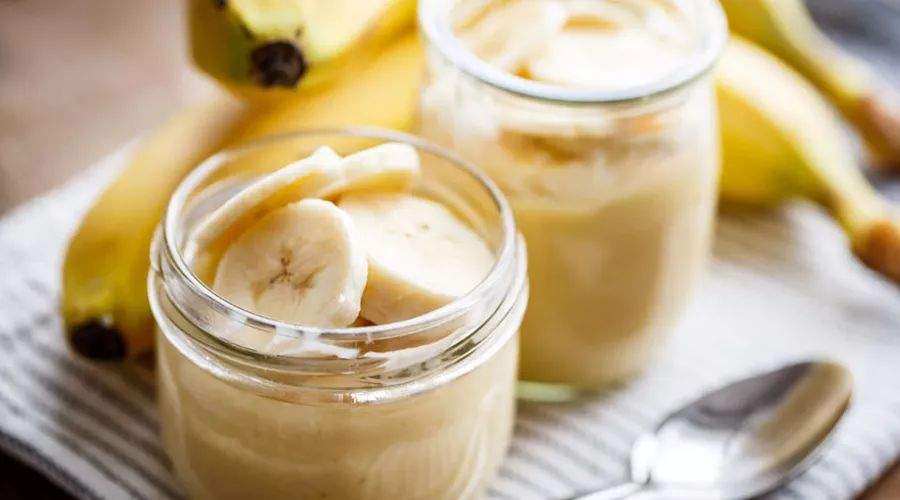Many people feel that their stomachs are not good, and they are especially willing to try various folk remedies for nourishing their stomachs. They always feel that eating what can make their stomachs [nourish] well.
At this point, everyone has his own experience: rice congee, millet congee, noodles, ginger…
Once your stomach is uncomfortable, eat with these foods in your arms.
However, after drinking so much porridge and eating so much [stomach nourishing] food, the question arises: Can food such as rice congee and noodles really nourish the stomach?
[Stomach Food] Is It Useful?

Everyone has a special liking for nourishing the stomach, which is understandable.
First, [stomach trouble] is one of the most common diseases, and few people have not been disturbed by the stomach.
Secondly, [nourishment] is mostly dietotherapy. What you eat can directly affect the stomach, and the effect seems to be more significant.
However, these popular [stomach nourishing] methods have no effect in fact.
Take rice congee noodles, which are generally believed to nourish the stomach, for example. They are not food that can nourish the stomach for a long time.
Because the stomach has the characteristic of “using in and discarding out”, if you eat porridge, soft rice and soft noodles that are especially easy to digest for a long time, the digestion ability of the stomach will deteriorate and become more prone to problems.
Modern medical research has found that the so-called “old stomach disease” that needs to be nurtured from time to time is sometimes affected by Helicobacter pylori and sometimes is a functional gastrointestinal disease related to psychosocial factors.
The stomach itself has a well-functioning mucosal defense and repair mechanism. Eating what will not easily bring good or bad effects to the stomach.
In other words, the stomach is not so easy to be nourished.
However, this does not mean that we can only watch our stomachs deteriorate. We still have ways to make our stomachs more comfortable and keep ourselves away from some serious stomach diseases as far as possible.
These foods are really [nourishing the stomach]

1. Eat more fruits and vegetables-prevent gastric cancer
A healthy diet requires plenty of fruits and vegetables. For the stomach, eating more fruits and vegetables also has many benefits.
Although the specific data vary, several control studies have found that intake of fruits and vegetables can prevent gastric cancer to a certain extent, which may be related to vitamin C and dietary fiber.
2. Soda biscuits and soda water-can relieve some stomachache,
Many people’s stomachache from time to time is related to gastric acid (not necessarily excessive gastric acid). Of course, the best analgesic method is acid inhibitory drugs.
However, due to the alkaline characteristics of the additives in soda water and soda biscuits, this kind of food can also play a certain role in neutralizing gastric acid, thus relieving stomachache.
3. Ginger-Relieving Nausea and Vomiting
Ginger is a traditional [stomach nourishing] food and also occupies a place in modern medicine.
Although the mechanism has not been fully understood, some analyses have found that ginger can relieve nausea and vomiting.
Especially for women with nausea and vomiting during pregnancy, various ginger foods are very good choices.
4. BRAT-Try it when your appetite is bad.
[BRAT] here refers to bananas, rice, apple puree and toast.
BRAT is a diet often recommended by European and American doctors, which is suitable for people who have just recovered from anorexia or stomach discomfort.
They are characterized by low irritation, low slag and certain calories, which are quite similar to what we often say [eat something that is easy to digest].
Of course, everyone can [sinicize] some, and it will be much more comfortable to replace toast (bread) with baked steamed bread slices.

The high temperature and fermentation in the process of making roasted steamed bread slices will make starch easier to be absorbed quickly. Compared with drinking porridge, roasted steamed bread slices may be more suitable for people who have no appetite, such as those who have just experienced vomiting and diarrhea and have acute gastroenteritis.
It should be reminded that BRAT is only an expedient measure, only suitable for transition, not for long-term eating.
After diarrhea, as long as the appetite is good, the normal diet should be restored as soon as possible. If BRAT diet is used all the time, it will still lead to insufficient nutrition.
5, According to their own situation, choose the right diet
This article seems nonsense, but it is actually very important.
Certain specific foods will make some people feel uncomfortable in their stomachs. The following situations are very common:
Coffee will make some people turn sour and burn their hearts.
Pepper can make some people feel stomachache.
There are also some people who suffer from stomachache when drinking cold water.
Perhaps many people think that since these foods make the stomach uncomfortable, should they be completely avoided?
In fact, these experiences or phenomena are not suitable for generalization.
In other words, there is no need to think that one does not drink coffee to nourish one’s stomach just because someone drinks coffee to turn sour.
As long as you don’t feel uncomfortable with these foods, there is no need to restrict them.
By the same token, there is no need to force oneself to adapt just because others can eat what.
Finally, many stomach discomfort will recover in a short period of time or will be relieved with mood changes. Although the above methods can relieve some problems, some of them are really stomach problems.
Therefore, the ultimate [stomach nourishing] is to see a [stomach doctor] who specializes in digestion.
Under normal circumstances, if these problems occur, you will go to the hospital:
- Discomfort symptoms lasted for more than 1 month. Vomiting many times, finding black stool and weight loss; Pharyngeal block (feeling that food cannot be swallowed and is blocked); Stomach discomfort with family history of gastric cancer.
As long as there is the above situation, don’t deal with it yourself, leave it to the doctor to judge.
